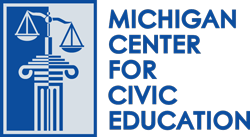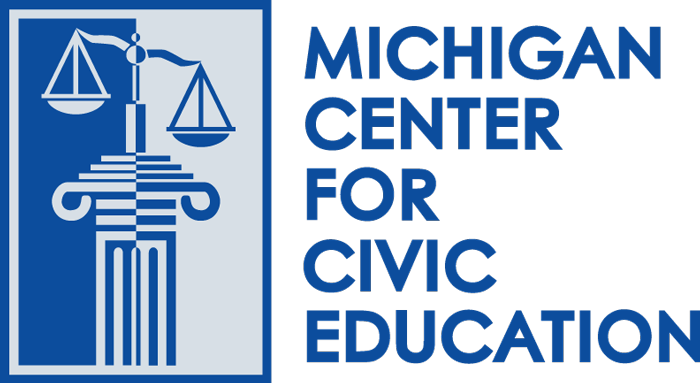In this lesson, students learn about the role of bureaucracy in U.S. government; they then examine the history, leadership, organization, and goals of executive agencies.
Civics Lessons
Investigating the Departments of the Executive Branch
We the People
Students recognize the different parts of the U.S. Constitution and conduct a close text reading to discover the meaning and significance of each part. Throughout the lesson, students will track the development of the Constitution from the original document and its articles to the amendments up through the 1992 edition of the Twenty-Seventh Amendment.
What Makes A Good Judge?
This lesson focuses on the costs and benefits of various judicial selection methods. Students will list characteristics they think essential or valuable to being a good judge, and then see which system of judicial selection – appointment, merit, or election – obtains the highest quality judges. In discussing each method, students will understand the tradeoffs between accountability and independence in judicial selection.
This lesson was developed to be used on Law Day, but does not need to be limited to Law Day.
Does the Constitution Protect Fair Play? Introducing Due Process
In this lesson, students develop a working understanding of due process by discussing relevant Constitutional clauses. They are presented with the Gideon v. Wainwright case and decide whether Clarence Gideon had the right to an attorney, relying on their previous discussion of due process. The lesson ends with a discussion of the importance of the right to due process in criminal proceedings, as well as a discussion of other situations in which the right to due process applies
The Constitution in Today’s America
This lesson teaches students about the development and role of the Constitution of the United States. Students will learn about the relationship between the Constitution and a democratic government
Why Government?
Students take a look at two political thinkers who spent a lot of time trying to answer the question, “Why Government?” – Thomas Hobbes and John Locke. The lesson asks students to compare and contrast Hobbes and Locke and to think about how these philosophers influenced those that followed in their footsteps.
No Hats in Class
Students learn about the importance of rules and laws; what makes a good law
The Jury System
In this lesson, students identify pros and cons of jury trials and judge-only trials, plus develop and respond to questions that might help to ensure the selection of a fair and unbiased jury.
Citizen Me
Students learn that they are citizens at many levels of society: home, school, city, state, and nation! Students create a graphic organizer that diagrams rights and responsibilities at these different levels of citizenship. They also learn the sources of their rights and responsibilities at each level.
Civil Conversation on the 14th Amendment
This lesson uses the Civil Conversation strategy to have students take a closer reading of Section 1 of the Amendment

